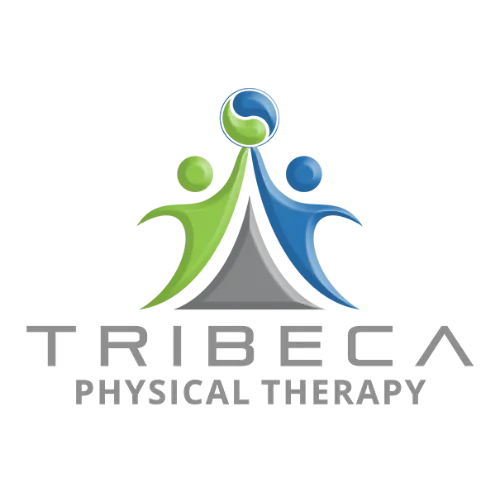Vestibular rehabilitation (VR) therapy deals with issues in imbalances that are usually caused by nervous system disorders, like dizziness, vertigo, and labyrinthitis. Vestibular disorders affect the inner ear and brain which are responsible for controlling your balance and eye movements. These disorders can be the result of age, disease, or injury.
Vestibular rehabilitation therapy helps control the symptoms of dizziness, visual disturbances, and hearing and psychological changes. The therapy will help you improve the quality of your life, especially for patients that experience vestibular disorders. When you undergo rehabilitation, you will experience less dizziness, and improved balance to avoid injuries due to falling.
If you are diagnosed with imbalance, vertigo, or dizziness, you are struggling with a vestibular disorder. Other symptoms that you may experience are blurry vision, frequent falls, headaches, stiffness, and neck pain. Consult your doctor or physical therapist for assistance if you experience one or more of these symptoms. Your doctor may recommend vestibular rehabilitation to alleviate vestibular disorders.
Before you can get started with vestibular rehabilitation therapy, you will be screened by the therapist for a visual and vestibular system to observe your eye movement and balance. The assessment includes testing your sensation, muscle strength, spine range of motion, coordination, and posture. After administering the various tests, you will be given a customize
Once you have your tailored vestibular rehabilitation program, your physical therapist will guide you through the specific exercise so you can do them in the comfort of your home. The therapy program includes the following exercises:
● Habitual exercise – these are exercises are used to treat symptoms of increased dizziness when moving the head or seeing visually stimulating environments. The exercise lets you get exposed repeatedly to movements or visual stimuli that cause dizziness. Through habitual exposure, the intensity of the dizziness will be reduced due to brain training to ignore triggering actions and stimuli.
● Gaze stabilization – these are exercises to improve control eye movements during head movement. This is perfect for patients who have issues with their vision bouncing or jumping around when reading or identifying objects in their environment.
● Balance Training Exercise – these are exercises intended for your balance and steadiness to help you when performing daily activities. Balance training exercises also promote changes in balance, which should be challenging for the patients but are safe enough to avoid falling when performing the exercises.
These exercises are easy to learn but may be hard to execute. Your commitment and perseverance are important for the program to be fully effective. Including them, in your usual schedule so you can incorporate them into your daily activities is beneficial for your treatment. Consistency is key to making sure that you are making a positive impact on your recovery. A sedentary lifestyle, emotional concerns, and pain can potentially limit your recovery as well. When you experience these factors, visit your physical therapist to seek professional advice on what you can do to stay motivated
Join Tribeca Runners for a fun and healthy way to energize and connect with the community!



